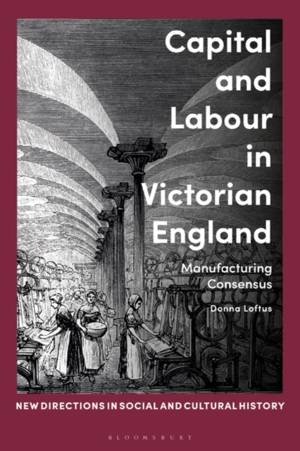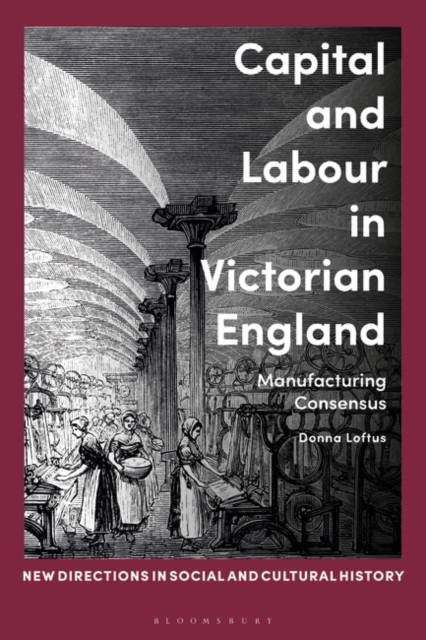
- Afhalen na 1 uur in een winkel met voorraad
- Gratis thuislevering in België vanaf € 30
- Ruim aanbod met 7 miljoen producten
- Afhalen na 1 uur in een winkel met voorraad
- Gratis thuislevering in België vanaf € 30
- Ruim aanbod met 7 miljoen producten
Zoeken
Omschrijving
Despite extensive scholarship on the social and cultural history of industrial England there is little work that explores how new forms of capitalist production were understood and normalised. Capital and Labour in Victorian England explores how accounts of industrial society evolved in the 19th century and how they inspired reform movements designed to accommodate the conflicts and contradictions that were a feature of industrial capitalism. It traces the rise of capitalist utopianism in the mid-century, and how such visions fell apart in the face of industrial unrest, organised labour, and more aggressive forms of capitalism. By the end of the century capital and labour were seen as inevitably separate, distinct and opposed - a development that sharpened class politics and shaped the way the first accounts of industrialisation were written.
Specificaties
Betrokkenen
- Auteur(s):
- Uitgeverij:
Inhoud
- Aantal bladzijden:
- 208
- Taal:
- Engels
- Reeks:
Eigenschappen
- Productcode (EAN):
- 9781441196583
- Verschijningsdatum:
- 6/08/2026
- Uitvoering:
- Hardcover
- Formaat:
- Genaaid
- Afmetingen:
- 28 mm x 28 mm
- Gewicht:
- 453 g

Alleen bij Standaard Boekhandel
+ 259 punten op je klantenkaart van Standaard Boekhandel
Beoordelingen
We publiceren alleen reviews die voldoen aan de voorwaarden voor reviews. Bekijk onze voorwaarden voor reviews.











